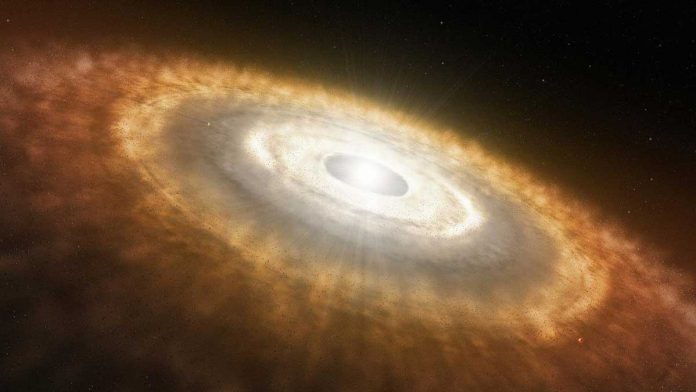University of California researchers mantle collected Krypton of the Earth’s from Iceland and the Galapagos Islands. The scientists said it reveals a clearer picture of how our planet is formed. The different isotopes of krypton have helped the scientists to find out the ingredients that made Earth. Researchers find out solar wind particles and meteorites from the inner and outer layer of Earth. These elements indicate Earth’s volatile elements like carbon, water and nitrogen has arrived in our Earth as the planet was growing. The new finding has contradicted the popular theory of Earth’s volatile elements have arrived in the end of Earth’s formation. The krypton isotopes suggest that planetesimals of cold outer solar system came to Earth millions of years before the big crunch. In the beginning Earth also got bombard by meteorites from solar nebula.
The lead author of the research, Sandrine Péron has said that their study finds out the concurrent delivery of volatiles for various sources when Earth was forming. Péron is a Fellow researchers of ETH Zürich in Switzerland.
Péron also added that this study will help to find the sources of volatile accretion on Earth. The new research will not only help to understand how Earth formed but will also help to understand the formation of other planets in our solar system. The research paper has been published in the journal Nature.
In Iceland and Galapagos volcanic hot spots spewing lava and that lava is rising from the deepest layer of the mantle of the Earth. In the deepest layer of Earth, elements and minerals remained unchanged since the moon-forming impact.
The scientists made precise measurements of noble gases in rocks from Earth. The researchers have collected lava at hot spot plumes as a sample for deep mantle krypton.

